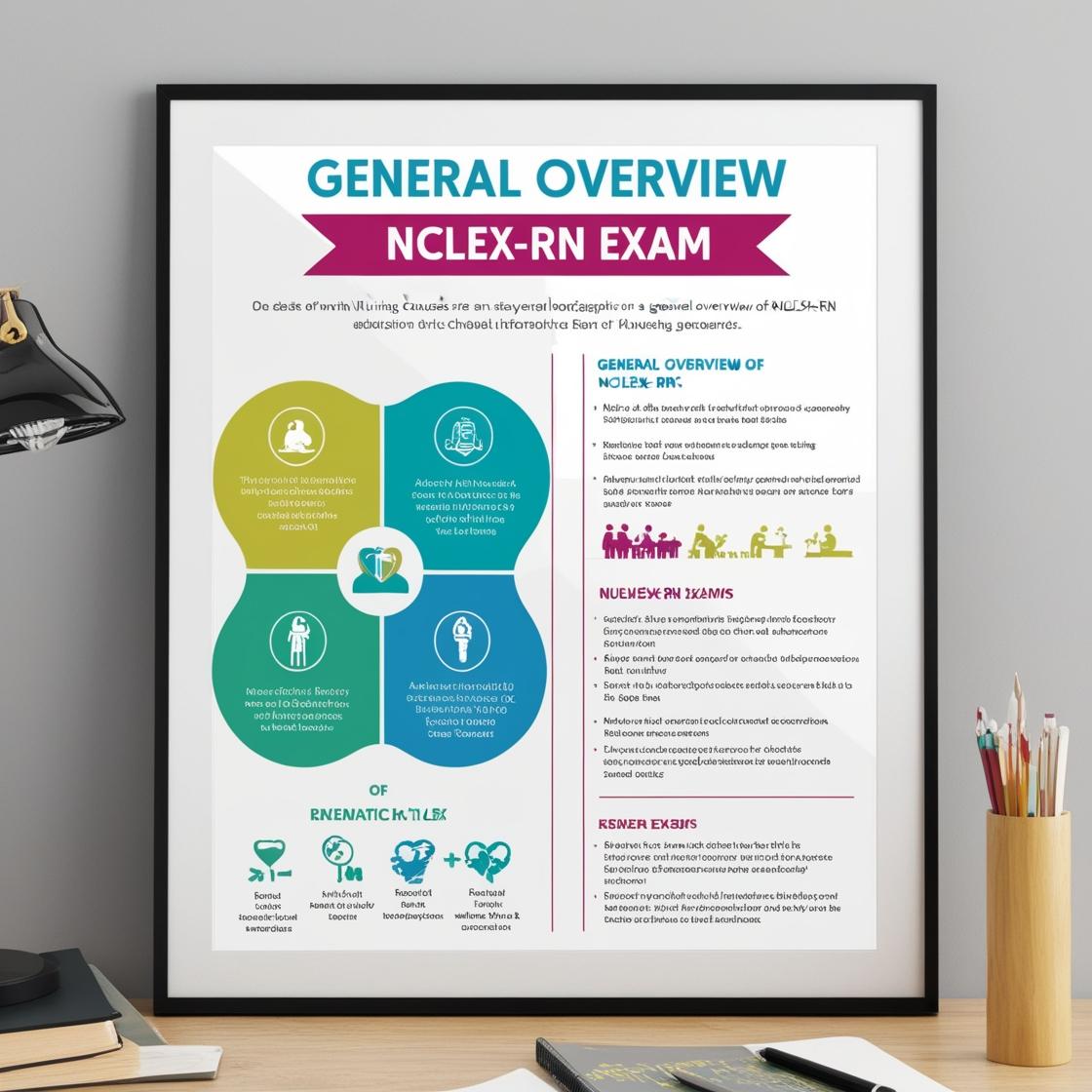NCLEX NCLEX-RN
Exam Cram NCLEX RN Practice Questions
1. Which individual is at greatest risk for developing hypertension?
- A. 45-year-old African-American attorney
- B. 60-year-old Asian-American shop owner
- C. 40-year-old Caucasian nurse
- D. 55-year-old Hispanic teacher
Correct answer: A
Rationale: African-Americans have a higher risk of developing hypertension compared to other ethnic groups. They tend to develop high blood pressure at younger ages and are more sensitive to salt, which increases their risk of hypertension. Additionally, studies have shown that African-Americans may respond differently to hypertensive drugs. Therefore, the 45-year-old African-American attorney is at the greatest risk for developing hypertension. The other choices do not specify factors that put them at a higher risk for hypertension compared to African-Americans.
2. A 15-year-old female who ingested 15 tablets of maximum strength acetaminophen 45 minutes ago is rushed to the emergency department. Which of these orders should the nurse do first?
- A. Gastric lavage
- B. Administer acetylcysteine (Mucomyst) orally
- C. Start an IV Dextrose 5% with 0.33% normal saline to keep the vein open
- D. Have the patient drink activated charcoal mixed with water
Correct answer: A
Rationale: Acetaminophen overdose is extremely toxic to the liver causing hepatotoxicity. Early symptoms of hepatic damage include nausea, vomiting, abdominal pain, and diarrhea. If not treated immediately, hepatic necrosis occurs and may lead to death. Removing as much of the drug as possible is the first step in treatment for acetaminophen overdose, this is best done through gastric lavage. Gastric lavage (irrigation) and aspiration consist of flushing the stomach with fluids and then aspirating the fluid back out. This procedure is done in life-threatening cases such as acetaminophen toxicity and only if less than one (1) hour has occurred after ingestion.
3. A client is admitted to the emergency room with renal calculi and is complaining of moderate to severe flank pain and nausea. The client's temperature is 100.8 degrees Fahrenheit. The priority nursing goal for this client is:
- A. Maintain fluid and electrolyte balance
- B. Control nausea
- C. Manage pain
- D. Prevent urinary tract infection
Correct answer: C
Rationale: In the scenario presented, the priority nursing goal for a client with renal calculi experiencing moderate to severe flank pain and nausea should be to manage pain. Pain management is crucial as it alleviates suffering, improves comfort, and enhances the quality of life for the client. In the case of ureteral colic from renal calculi, the cornerstone of management is effective pain control. Prompt analgesia, typically achieved with parenteral narcotics or nonsteroidal anti-inflammatory drugs (NSAIDs), is essential to provide relief and facilitate the passage of the calculi. While maintaining fluid and electrolyte balance is important in clients with renal calculi, addressing pain takes precedence as it directly impacts the client's immediate well-being. Controlling nausea and preventing urinary tract infections are also important aspects of care, but they are secondary to managing the primary concern of pain in this urgent situation.
4. A 25-year-old male client has been newly diagnosed with hypothyroidism and will take levothyroxine (Synthroid) 50 mcg/day by mouth. As part of the teaching plan, the nurse emphasizes that this medication:
- A. Should be taken in the morning
- B. May increase the client's energy level
- C. Does not need to be stored in a dark container
- D. May increase the client's heart rate
Correct answer: A
Rationale: The correct answer is that levothyroxine (Synthroid) should be taken in the morning. Taking it in the morning can help prevent interference with the client's sleeping pattern, as one of the side effects of levothyroxine is insomnia. Choice B is incorrect because levothyroxine is actually used to treat hypothyroidism and can help increase energy levels. Choice C is incorrect as there is no specific requirement for levothyroxine to be stored in a dark container. Choice D is incorrect because levothyroxine is more likely to increase heart rate rather than decrease it.
5. A 3-year-old child was brought to the pediatric clinic after the sudden onset of findings that include irritability, thick muffled voice, croaking on inspiration, being hot to the touch, sitting leaning forward, tongue protruding, drooling, and suprasternal retractions. What should the nurse do first?
- A. Prepare the child for an X-ray of the upper airways
- B. Examine the child's throat
- C. Collect a sputum specimen
- D. Notify the healthcare provider of the child's status
Correct answer: D
Rationale: The correct initial action is to notify the healthcare provider of the child's status. The presenting symptoms described, such as irritability, thick muffled voice, croaking on inspiration, being hot to the touch, sitting leaning forward, tongue protruding, drooling, and suprasternal retractions, are indicative of epiglottitis, a potentially life-threatening condition. Immediate medical attention is crucial in such cases. While preparing for an X-ray or examining the throat may be necessary, the priority is to ensure prompt evaluation and intervention by the healthcare provider. Collecting a sputum specimen is not relevant in this situation and would cause unnecessary delay. Therefore, the nurse should prioritize communication with the healthcare provider to expedite appropriate management and treatment.

Access More Features
NCLEX RN Basic
$69.99/ 30 days
- 5,000 Questions with answers
- Comprehensive NCLEX coverage
- 30 days access
NCLEX RN Premium
$149.99/ 90 days
- 5,000 Questions with answers
- Comprehensive NCLEX coverage
- 90 days access
